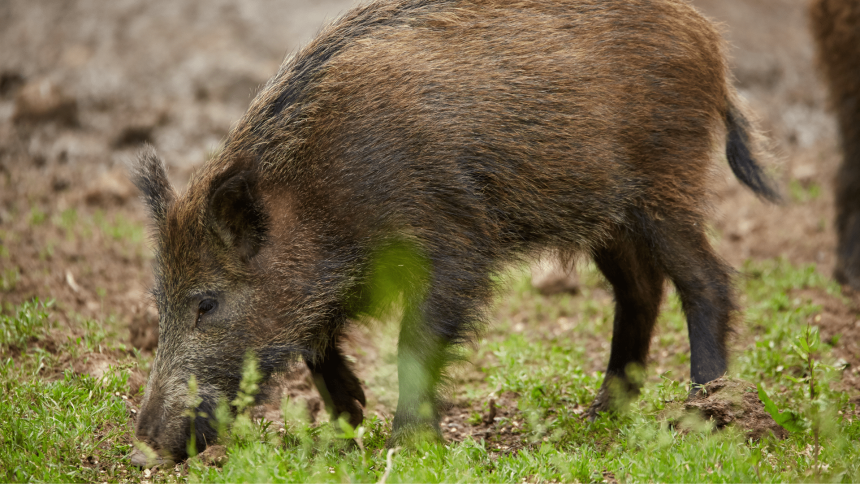The Mississippi Department of Agriculture and Commerce (MDAC) will begin accepting a new round of applications for its Wild Hog Control Program (WHCP) for the third time this year on Tuesday.
Mississippians looking to help reduce the number of wild hogs will have two weeks to apply for the WHCP before the application process closes once again.

Through the WHCP, MDAC provides “smart” wild hog traps to landowners and managers for the control of wild hogs on private agricultural and forestry lands in Mississippi.
MDAC provides the training necessary to use the traps and technical guidance regarding the most effective methods to trap and control wild hogs on private lands.
“Our Wild Hog Control Program has seen great success and demand. We have helped farmers and landowners remove over 2,500 wild hogs from their properties,” Commissioner Andy Gipson said. “Wild hogs are non-native, nuisance animals and cause substantial damage to row crops, pastures, and forestlands; carry harmful diseases; and eat the eggs and young of many wildlife species.”
Applications must be completed and submitted online. After that, each application will be evaluated based on the number of acres available for trapping, historical agricultural losses caused by wild hogs on the property, and current trapping efforts on the property.
Traps will be available for one-month intervals, dependent upon use and success. One trap per 500 acres is recommended, depending on landscape and land use.
In addition to its established trapping program, MDAC is currently taking applications for a cost share opportunity provided to Mississippi private land managers that need to purchase trapping equipment to control wild hogs on their property.
The cost share application period will also end on Tuesday, August 15.
For selected applications, MDAC will reimburse the landowner or leaseholder for a percentage of the cost of purchasing trapping equipment.
Reimbursement payments will be provided on a 50 percent cost share basis and will be the lessor of either 50 percent of the applicant’s expenditure or a maximum of $5,000.







